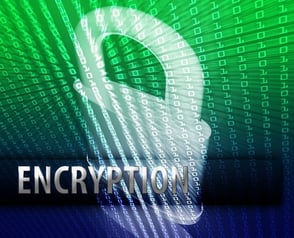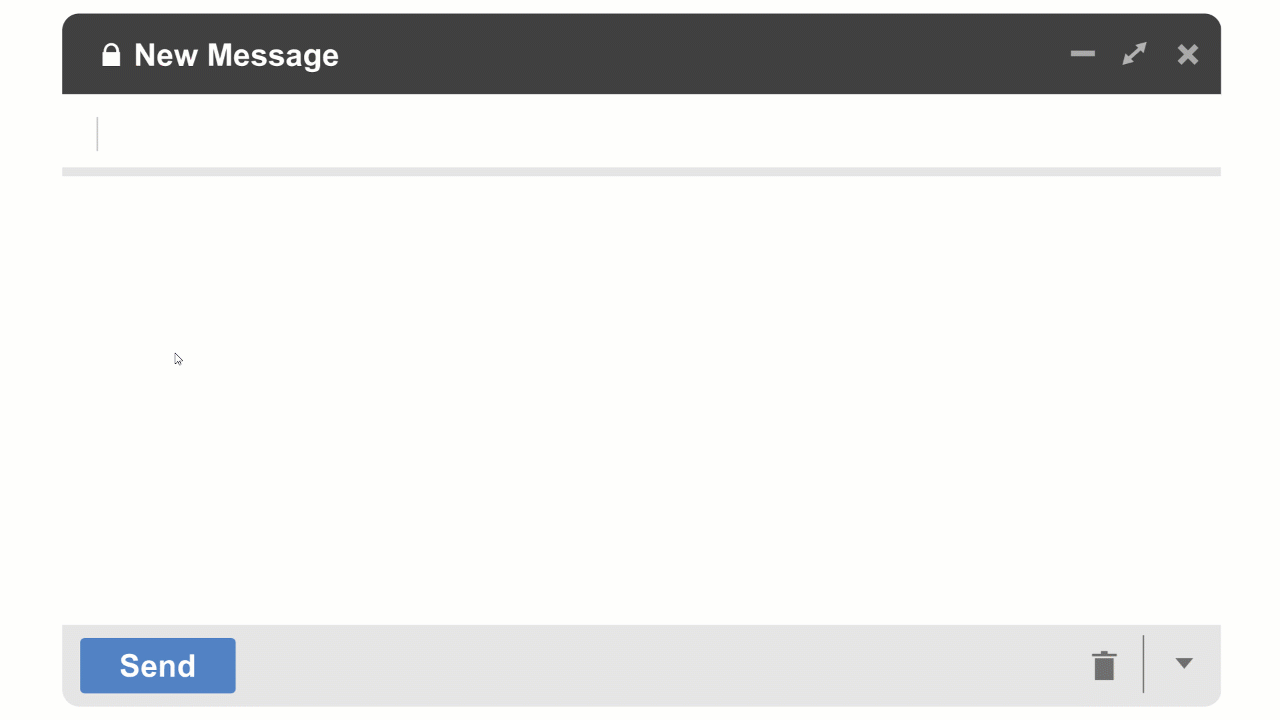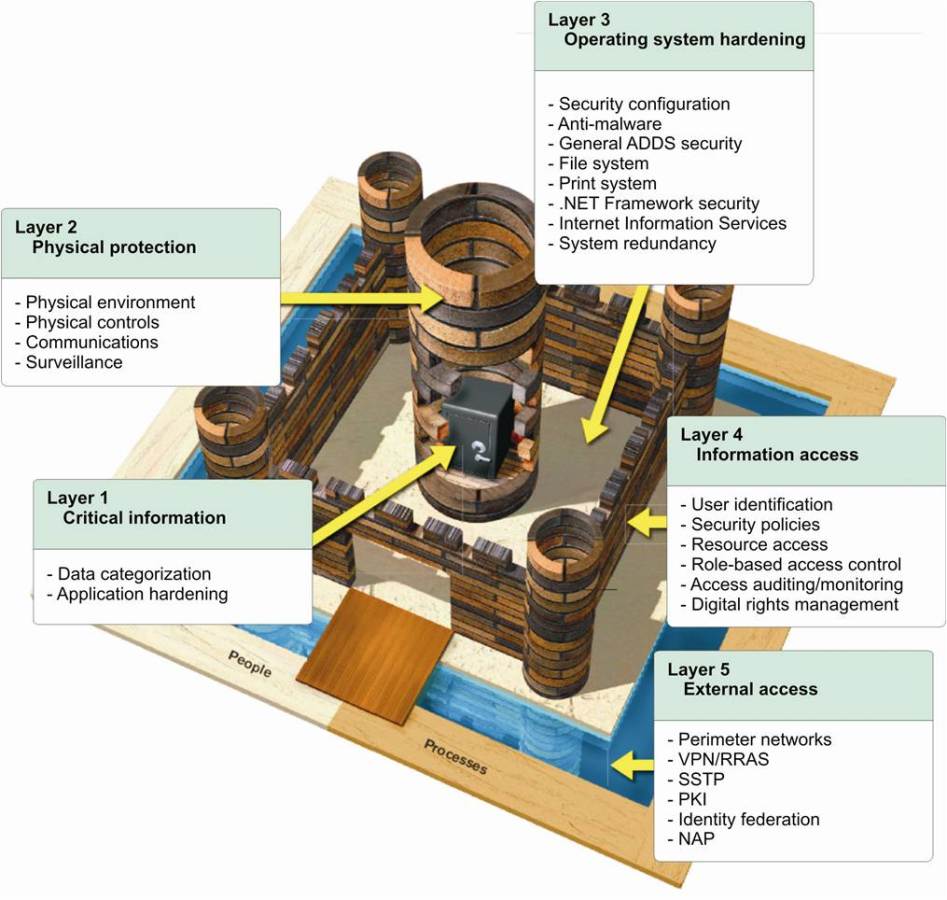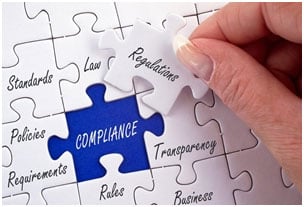
When to comes to truly protecting data, encryption is a no-brainer. In fact, some industry regulations require that businesses and associations encrypt specific information. Health care is a great example of this, but organizations in all sectors have a responsibility to protect their customer and client information, whether it's personally identifiable information or an email between colleagues.
A Bloomberg editorial piece explained similar concepts: Businesses, associations and consumers are "aggressively" seeking out encryption tools and services to prevent other companies, government agencies, cybercriminal organizations and rogue hackers from viewing cloud stored files and emails. In fact, the source noted that encryption is so strong of a data security measure that most U.S. officials want backdoors into these almost impossible-to-crack systems.
Encryption is necessary after all, so the only discussions about this technology and these services should be about choosing a solution. How can business, associations and consumers evaluate and select the best encryption services? These four criteria will provide a great jumping-off point.
1. Integration with technology, services and processes
To ensure that all sensitive data is secured without any application performance issues or hiccups in employee productivity, organizations and individuals should choose encryption services that work with a wide range of popularly-used software and technologies. These include everything from cloud services and storage such as Dropbox to email platforms like Gmail and corporate tools such as SAP. Encryption services must also work across devices now that mobility is mission critical.
2. Easy to encrypt
Getting users to adopt new tools and technologies and learning new platforms is chore, and in that regard, encryption services should enable employees and individuals to quickly and easily encrypt and decrypt emails and files. Encrypting needs to be second nature, and without a low effort encryption service, data protection plans will not succeed.
3. Certifications
The number of cybersecurity solutions on the market might seem intimidating, especially when many vendors make bold claims regarding data protection measures and capabilities. However, organizations and individuals can rest easy knowing that the best of the bunch will be certified in certain aspects by accredited institutes such as the National Institute of Standards and Technology with its FIPS-140 standard for encryption.
That said, it is important to ensure that the platform or tools themselves are secure and not full of flaws. The Common Criteria for Information Technology Security Evaluation, or CC, for example, is a third-party stamp of approval indicating that cybersecurity solutions provide what they claim.
"If users don't have control over their keys, they don't have control over data."
4. Control the data by controlling the keys
Whether it's Tom's IT Pro, Data Informed or dozens of other cybersecurity experts and professionals explaining the importance of owning encryption keys, they are all correct. If users don't have control over their keys, they don't have control over data, and companies, cloud services and government officials will be able to view those files and emails. The best encryption services keep keys in the hands of the data's owner.
The CloudMask consideration
Businesses, associations and consumers need encryption services that offer all three of those capabilities if they want to ensure data protection even when under attack. And, as a result, CloudMask is an essential part of any data security strategy.

With CloudMask, only your authorized parties can decrypt and see your data. Not hackers with your valid password, Not Cloud Providers, Not Government Agencies, and Not even CloudMask can see your protected data. Twenty-six government cybersecurity agencies around the world back these claims.
Watch our video and demo at www.vimeo.com/cloudmask
Share this article:






